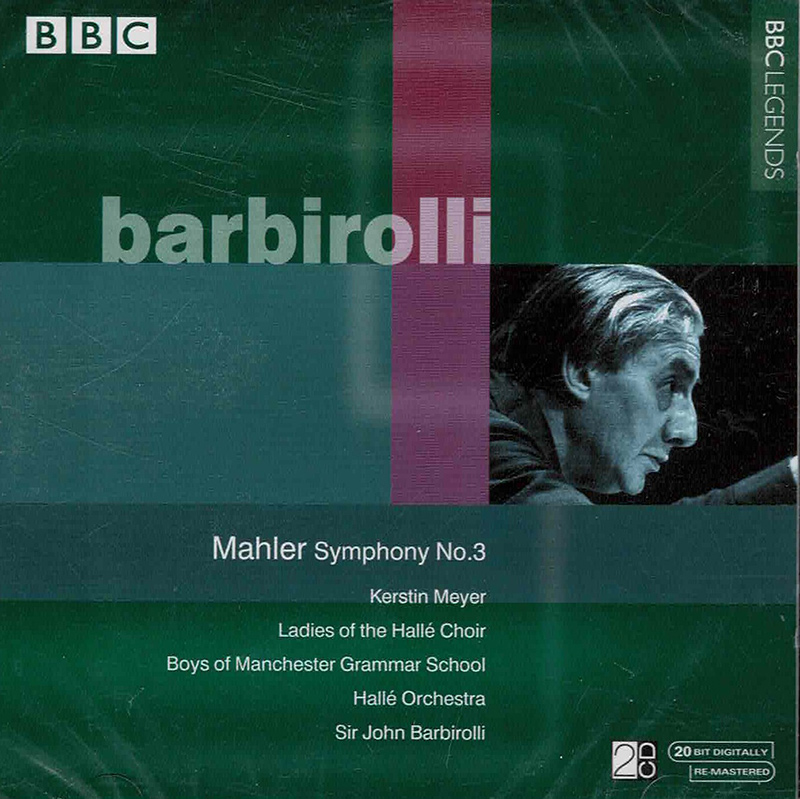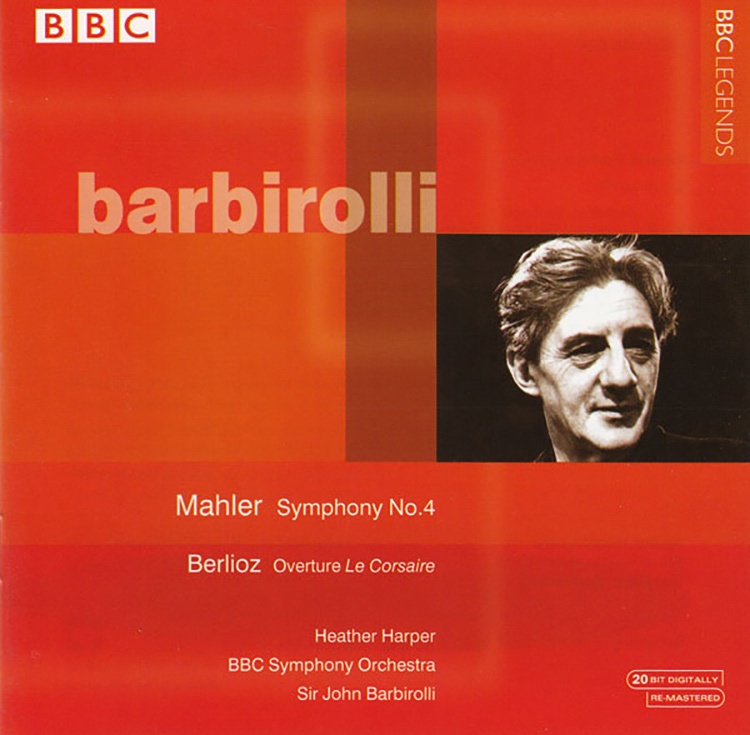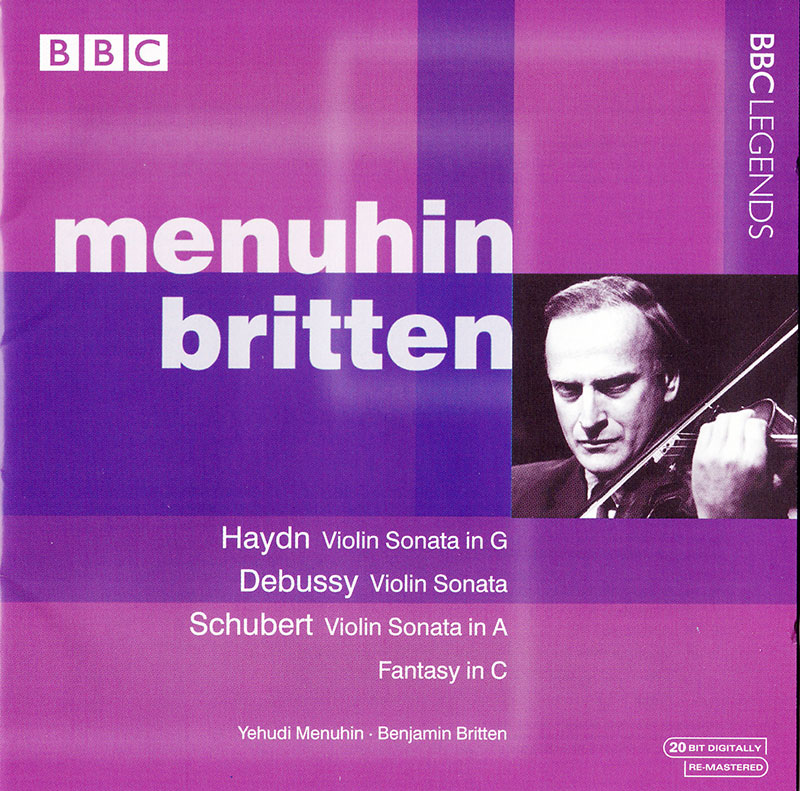Logowanie
Dziś nikt już tak genialnie nie jazzuje!
Bobby Hutcherson, Joe Sample
San Francisco
SHM-CD/SACD - NOWY FORMAT - DŻWIĘK TAK CZYSTY, JAK Z CZASU WIELKIEGO WYBUCHU!
Wayne Shorter, Freddie Hubbard, Herbie Hancock, Ron Carter, Elvin Jones
Speak no evil
UHQCD - dotknij Oryginału - MQA (Master Quality Authenticated)
Chesky! Niezmiennie perfekcyjny
Winylowy niezbędnik
ClearAudio
Double Matrix Professional - Sonic
najbardziej inteligentna i skuteczna pralka do płyt winylowych wszelkiego typu - całkowicie automatyczna
VAUGHAN-WILLIAMS, BRUCKNER, The London Symphony Orchestra, Istvan Kertesz
Symphony No. 4 in E-flat Major 'Romantic' / Fantasia on a Theme by Thomas Tallis
Having auditioned the late Istvan Kertesz (1929-1973) leading the Bruckner Fourth for the Testament label reissue, it gives me even more pleasure to post my thoughts on this live performance from Royal Festival Hall (13 March 1964) given just a few months prior to my own high school graduation. As principal French horn Barry Tuckwell has commented, the LSO maintained a particular affection for Istvan Kertesz, one of “a small contingent of Hungarian conductors in Britain at that time: Dorati, Fricsay, Kertesz, and Solti. . .” Kertesz was to assume all of the Principal Conductor duties held prior by Pierre Monteux, a mighty series of tasks for a man only half Maestro Monteux’s age, but galvanized by his own, innate talent and a natural youthful exuberance. From the opening French horn over tremolo strings, this Romantic Symphony strides forward, an onrush of optimistic energies, hymn and hunting tune in harmonious abandon. At the more tumultuous passages, Kertesz and the LSO achieve a collective jubilation that indeed proves infectious. No less hearty and heartfelt are the heraldic episodes in the Andante in the form of an allegretto, in which the brass groups become inflamed with a spirit we might liken to medieval crusaders, earnestly swaggering forward on a holy quest. The pantheistic elements in Bruckner, the calls from Nature, infiltrate the score in tandem with its more “ecstatic” influences, especially as the woodwind and string choirs of the LSO render their figures with meticulous precision. The palpable electricity in the audience becomes focused into hunting-horn motifs at the B-flat Major Scherzo’s opening which–despite the “Nicht zu schnell” indication–gathers up feral energies that refuse to submit civil authorities. Wonderful magic in the LSO’s pizzicato, then tremolo strings and feverishly twittering, antiphonal brass choirs. The natural first period ends in a blazing pageantry, only to yield to a village dance in gentle Breughel colors. The gemutliche sentiments owe much to the Bruno Walter influence on Kertesz’s musical style. The wild-hunt da capo renews its unbridled vigor with urgency and orchestral prowess. The combination of emotional and willful resolve that opens the E-flat Major Finale has the hallmarks of a Wagnerian scene from high in the gods’ domain. The thematic riffs from the opening movement serve to tie the symphony emotionally as a visionary journey marked by a host of troubadours’ songs and heroic gestures. In the bucolic episodes, we can clearly hear how certain evocations would affect Mahler’s own figurations of such pantheistic sentiments. The urge to mysticism informs the stately coda, the original motif transfigured and exalted in the French horn, a vision kindred to Friedrich’s “Wanderer Above the Sea of Mists.” When the Kertesz forces clear away, only a sea of applause remains. The Tallis Fantasia (15 February 1966) conveys much of the same reverent energy as the Bruckner, a colossal building of periods that we hear from the work’s equally inspired acolytes, Mitropoulos and Stokowski. If the organ sound of the LSO boldly lays out the modal progressions of the ripieno groups, an intimate chamber music sound answers for the concertino, especially in the viola. The music sways in erotic pulses as the sound ineluctably swells, Tristan-like, into a sea of rarified antique faith. The clapping begins well before the final liturgical note has died away. –Gary Lemco






































